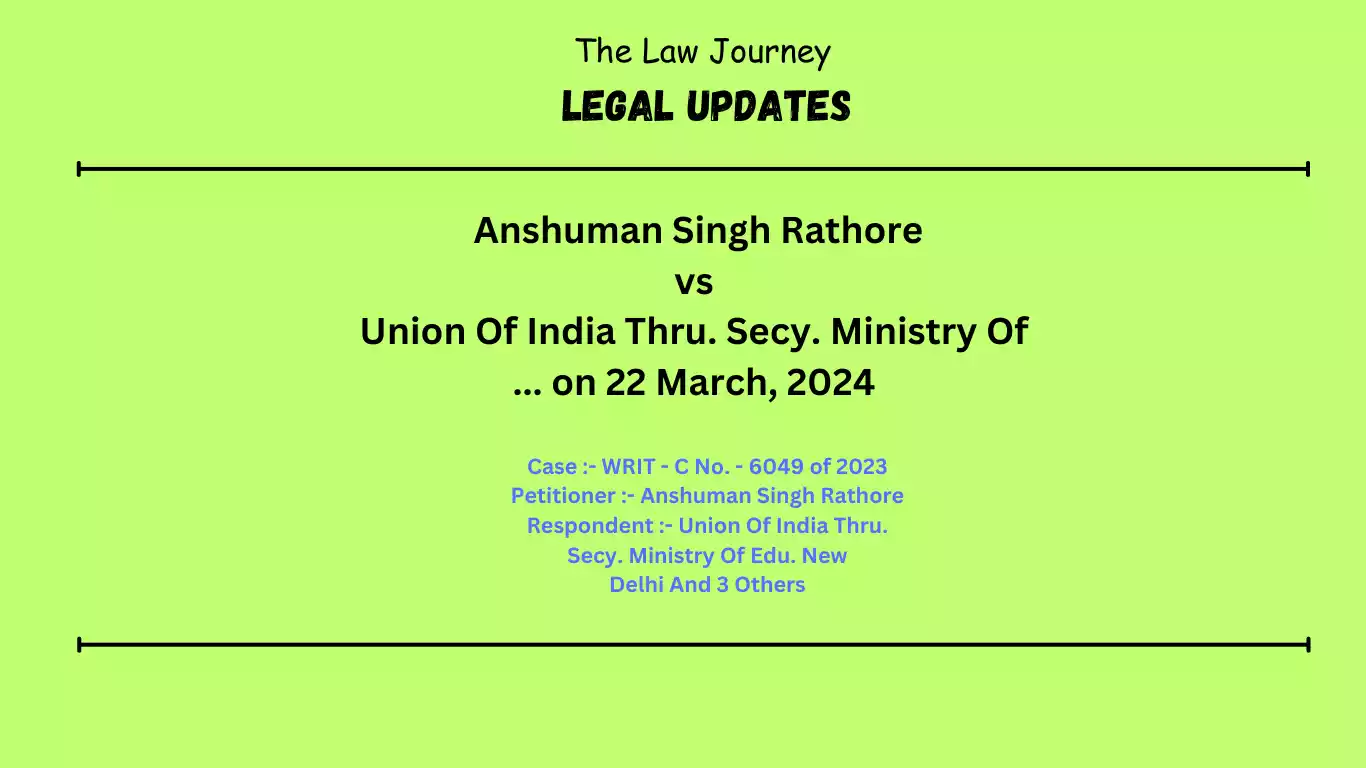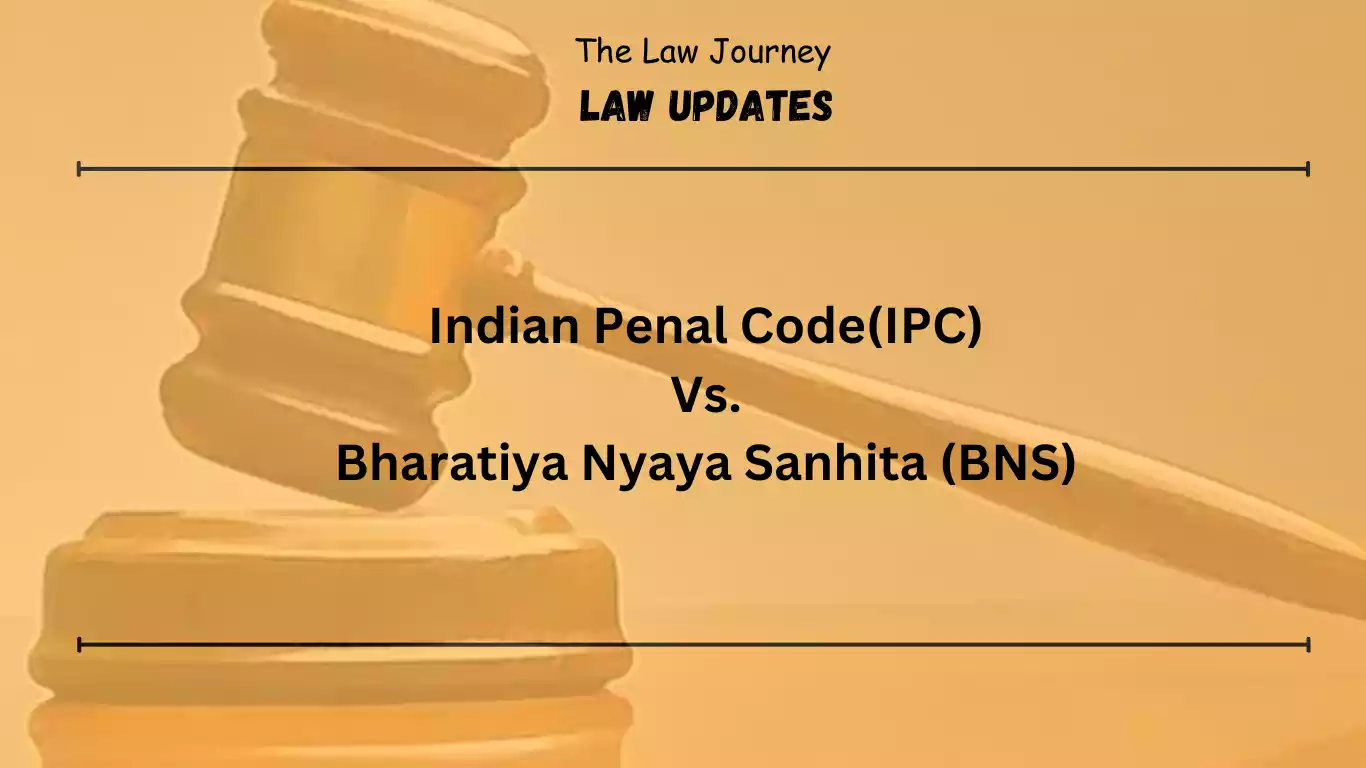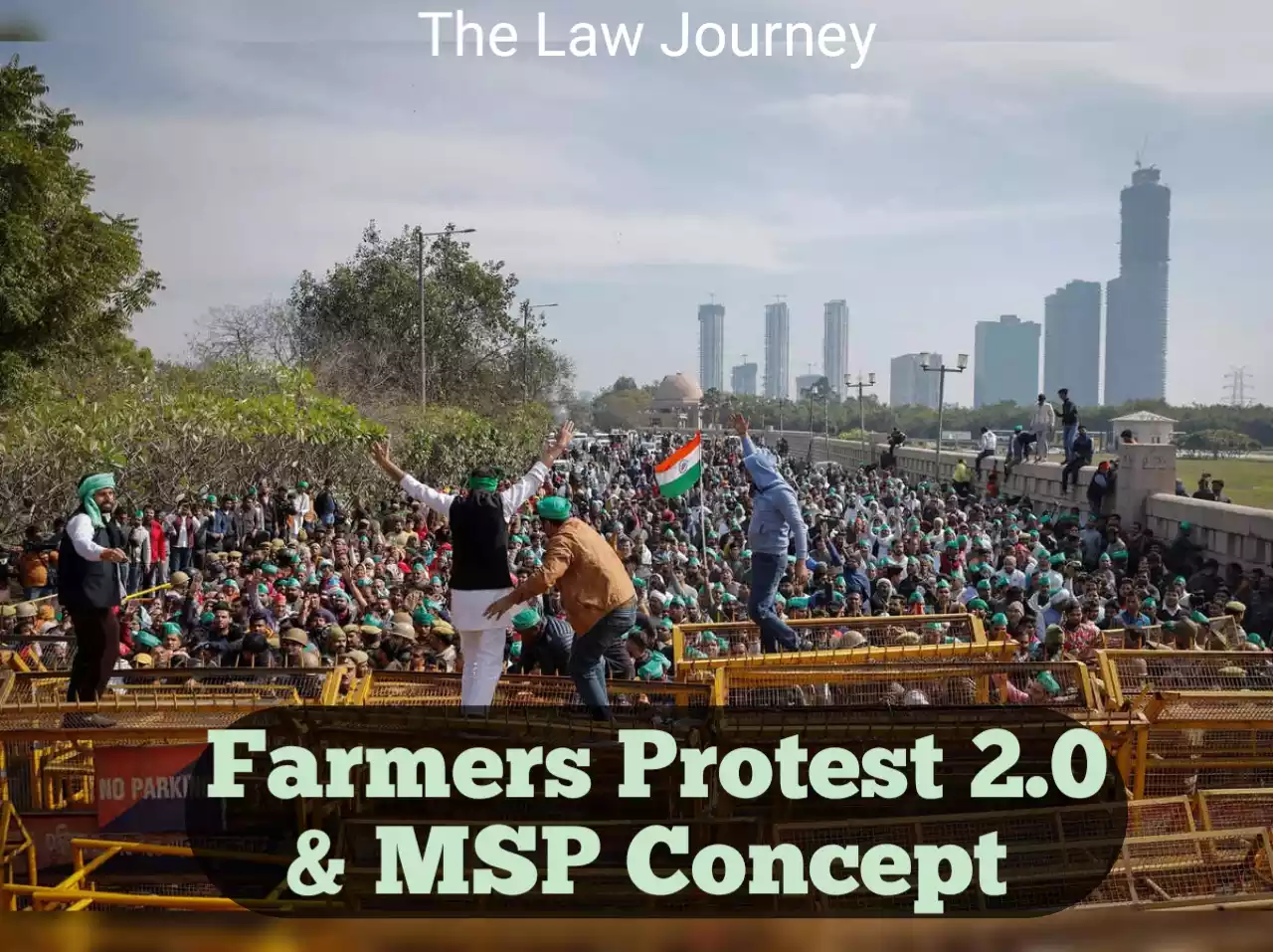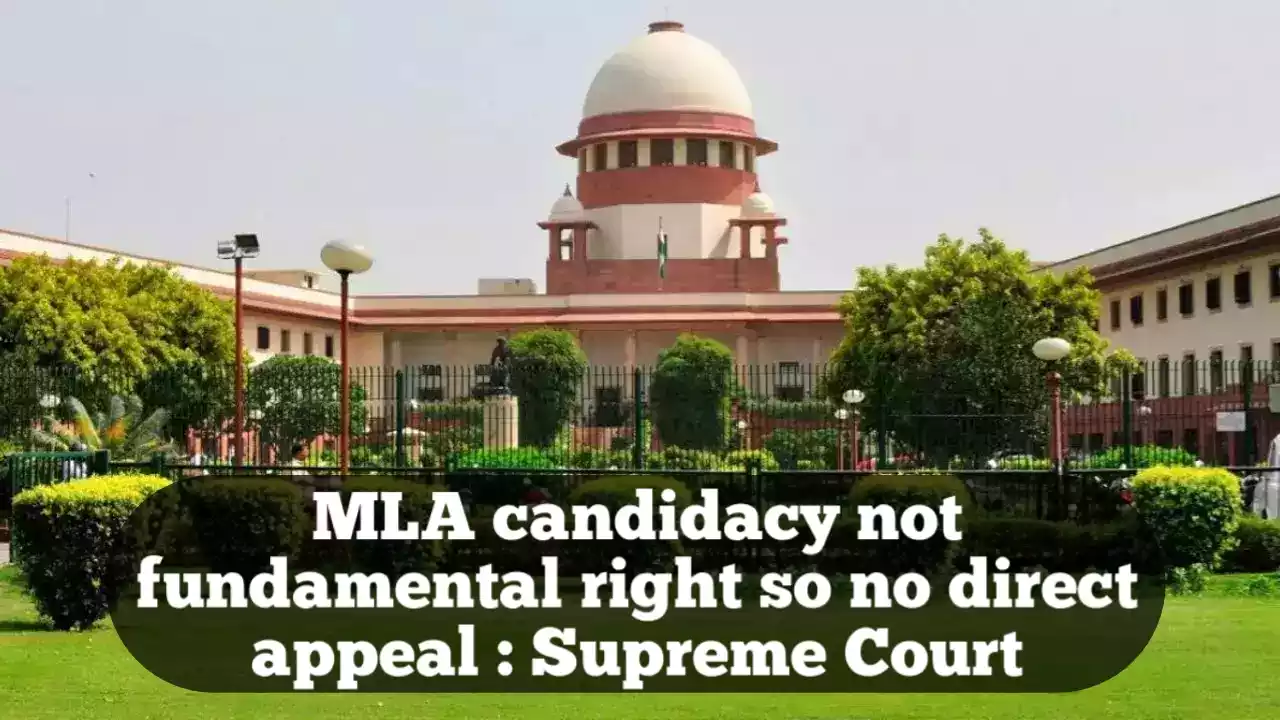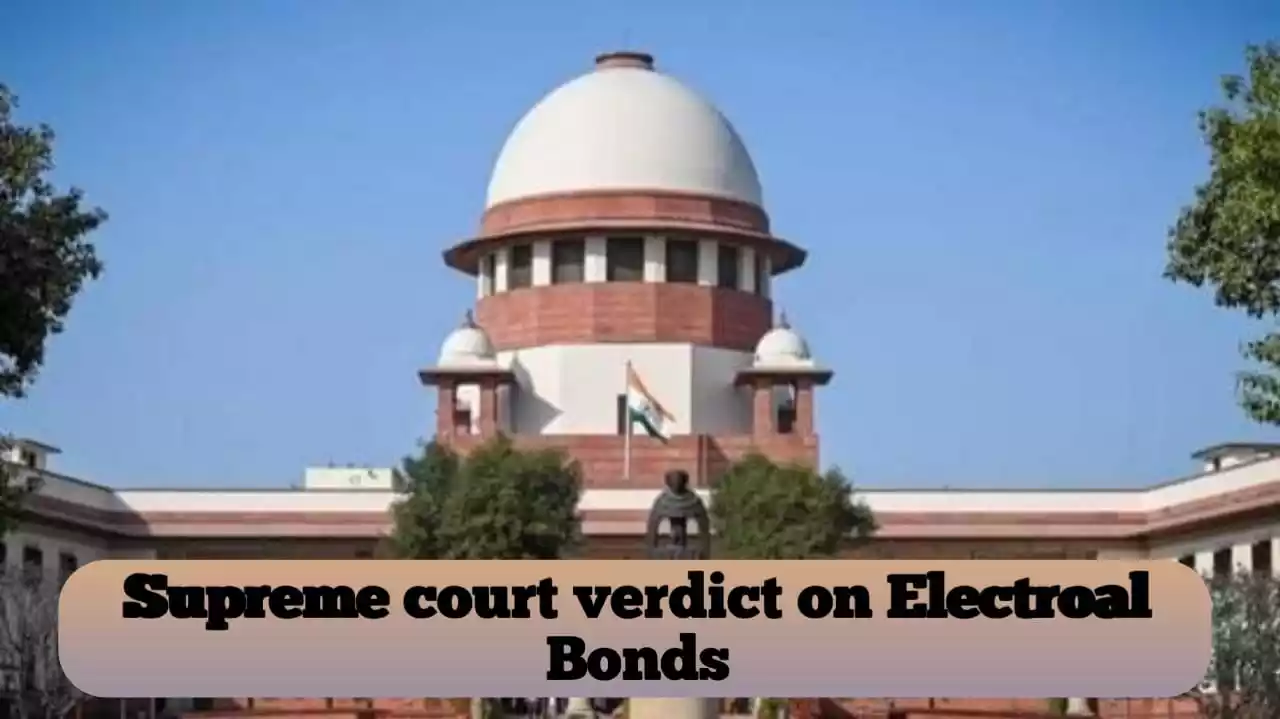Anshuman Singh Rathore & Ors v Union & Ors. 2024 – A division comprising Justice Vivek Chaudhary and Justice Subhash Vidyarthi of Allahabad Highcourt has declared the UP Board of Madarsa Education Act 2004 as unconstitutional on 22 March 2024 . Let’s dive into the realm of this case from view of both side
Parties to the Case
Case :- WRIT – C No. – 6049 of 2023
Petitioner :- Anshuman Singh Rathore
Respondent :- Union Of India Thru. Secy. Ministry Of Edu. New
Delhi And 3 Others
Facts of this case
This petition challenged the vires of the U.P. Board of Madarsa Education Act, 2004 (for short ‘the Madarsa Act’) on the ground that the same violates the principle of Secularism, which forms a part of the basic structure of the Constitution of India as well Articles 14,15 and 21-A of the same. Petitioner further challenges Section 1(5) of Right of Children to Free and Compulsory Education Act, 2009. (RTE )
Grounds Of Challenge
- Madarsa Act violates the principles of secularism, which forms a part of the basic structure of the Constitution of India; fails to provide quality compulsory education up to the age of 14 years/Class-VIII, as is mandatorily required to be provided under Article 21-A of the Constitution of India; and further fails toprovide universal and quality school education to all the children studying in madarsas, as is mandatorily required to be provided under article 21 of the Constitution of India. Thus it violates the Fundamental Rights of the students of the madarsas. The writ petition also challenges vires of Section 1(5) of the R.T.E. Act which excludes Madarsas, Vedic Pathshalas and educational institutions primarily imparting religious instructions.
- The provisions of Madarsa Act making special provisions for education to the children of a single minority community, in a very limited sphere of knowledge and of level lower than the normal level of education imparted in regular educational institutions, is clearly violative of the fundamental duties and, therefore, the Madarsa Act is violative of the basic spirit of the Constitution of India.
- Section 9(a) and 9(j) of Madarsa Act contain Provisions regarding determination of standards of higher education in Madarsa, power that vests in the Central Government, as per entry 66 of List I of Constitution, and, therefore, the State does not have the legislative competence to legislate in this regard.
- Madarsa Act Violates Secularism and Article 14, 15, 16(5), 29(2), 30 and Article 51-A of the Constitution of India.
- Madarsa Act is directly in conflict with and violates the U.G.C. Act and entrenches upon the field occupied by the central legislation and thus to the said extent is also ultravires.
Submission of Respondents
- Madarsa Board is providing religious education as well as religious Instructions to the students and the State has sufficient power to impart such education under the Constitution of India and is rightly permitting such education.
- Education provided by Madarsa Board is traditional education, relating to religion, culture and language which does not change with time. It is covered by entry 25 of List III of VII schedule to the Constitution of India.
- The U.G.C. Act does not relate to religious teachings, education and instructions or with traditional education and thus both occupy different fields.
- Articles 25 to 30 of the Constitution of India says that religious education and instructions of a religion can be provided in schools and thus State Government can frame such an Act.
Court’s Ruling
- Education under the Madarsa Act is certainly not equivalent to the education being imparted to the students of other regular educational institutions recognized by the State Primary and High School and Intermediate boards and, therefore, the educations being imparted in Madarsas is neither ‘quality’ nor ‘universal’ in nature.
- The students of all other religions are getting educated in all modern subject denial of the same quality by the Madarsa Board amounts to violation of both Article 21-A as well as Article 21 of the Constitution of India. The State cannot hide behind the lame excuse that it is fulfilling its duty by providing traditional education on nominal fee.
- Madarsa Act, 2004, is violative of the principle of Secularism, which is a part of the basic structure of the Constitution of India, violative of Articles 14, 21 and 21-A of the Constitution of India and violative of Section 22 of the university Grants Commission Act, 1956. Accordingly, the Madarsa Act 2004 is declared unconstitutional.
- State Government is directed to take steps forthwith for accommodating these Madarsa students in regular schools recognized under the Primary Education Board and schools recognized under the high School and Intermediate Education Board of State of U.P.
Related Post | Anshuman Singh Rathore & Ors v Union & Ors. 2024
- Farmers Protest 2.0 & MSP Conept
- Indian Youth Parliament by Media Foundation
- MLA candidacy not fundamental right so no direct appeal : Supreme Court













